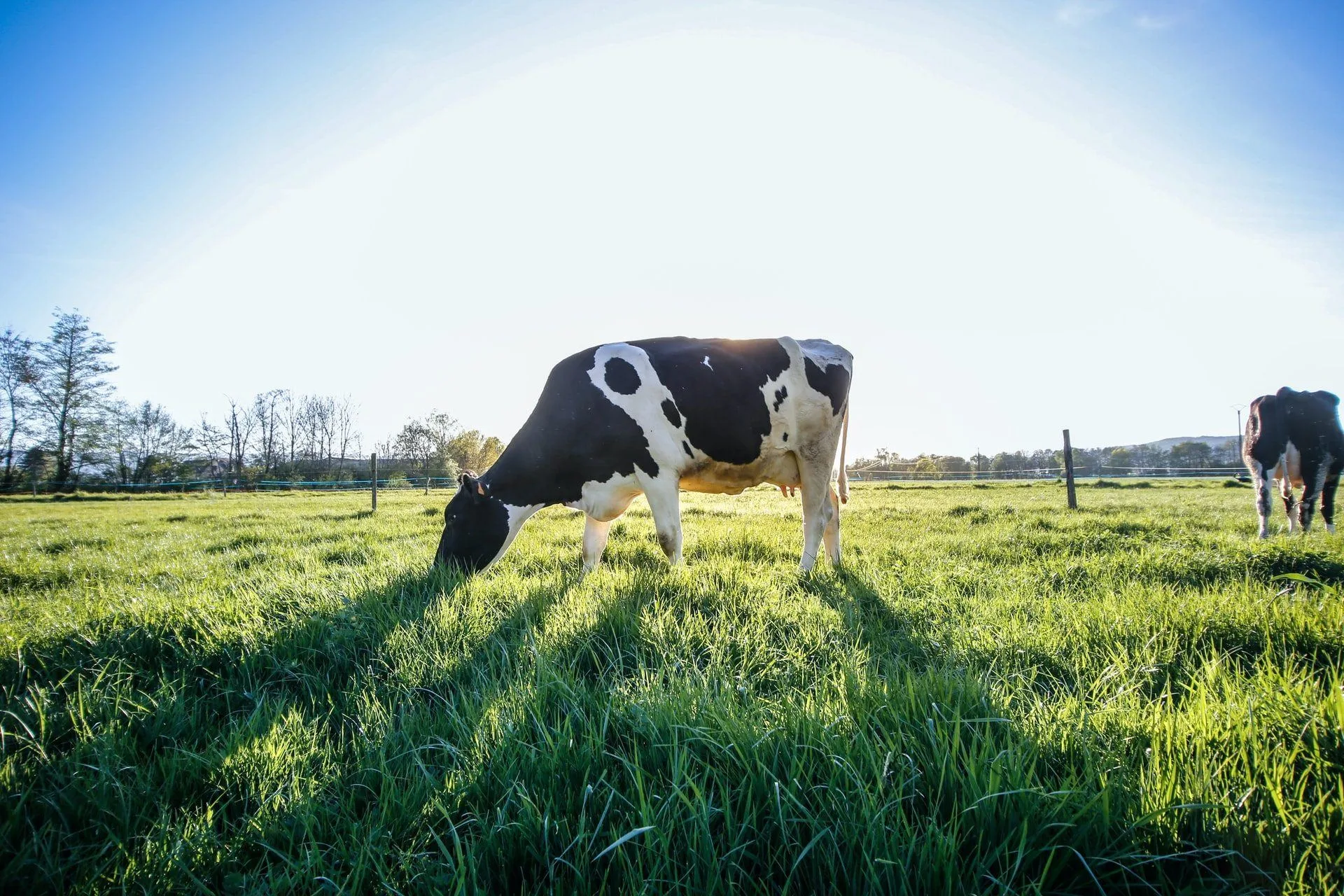How often have we heard about how small changes matter when it comes to dealing with climate change? It can be easy to become disillusioned with how much impact our actions can have on climate change. However, we all have a role to play and every little thing that we can do can make a difference. If you’re hoping to make a dent in climate change but are unsure of where to start, a new study has found that focusing on your plate would be the best way to go.
Plant-Based Swaps Can Help the Planet
Our food systems are responsible for around one-third of global greenhouse gas emissions, so if we want to target climate change, then we need to reevaluate our dietary habits. However, adopting new eating habits can be challenging, so researchers set out to uncover if making small dietary changes instead can help make a difference.
The researchers looked at surveyed data of almost 17 000 Americans. The survey looked at what they eat on an average day, and 20% of the respondents revealed that they consume at least one serving of beef a day. When it comes to the carbon footprint of foods, beef is the biggest offender, as it accounts for nearly 60% of all greenhouse gases from food.

Photo by Flash Dantz on Unsplash
The researchers then ranked the food items based on their level of greenhouse gas emissions and water scarcity footprint. Following this, they then calculated what would happen if just one of the “high-impact” food items was replaced with a more sustainable option.
Swapping can make a difference
“If you want to change your carbon footprint through your diet, the easiest way would be to substitute poultry for beef.”— Dr. Diego Rose, 2022
The findings, published in the American Journal of Nutrition, revealed that small dietary substitutions — such as swapping beef for pork or poultry products — can reduce the environmental impact of our diets while maintaining overall diet quality. The study revealed that if 20% of participants replaced their beef consumption with turkey, for instance, they could reduce their diets’ greenhouse gas emissions by an average of 48% and water-scarcity impact by 30%.
According to the study’s lead author, Dr. Diego Rose, Ph.D., RD, the study’s results show that even simple steps can be a move toward potential solutions to the climate problem, through direct action.
The future of sustainable eating
The Eat-Lancet Commission on Food, Planet, Health is one of the first comprehensive reports looking at the role of diet in combatting climate change.

Photo by Mikhail Nilov from Pexels
According to the report, we really want to make a difference through our diets than the global consumption of fruits, vegetables, nuts, and legumes will have to double, and the consumption of red meat and sugar will need to be reduced by more than 50%.
On the other hand, there are those who propose that we evaluate our farming practices as opposed to avoiding red meat altogether. This is especially important for lower-income communities that rely on animal sourced-foods for survival.
Nonetheless, the researchers hope that the results of the study will encourage people to examine their dietary habits and what role it plays when it comes to the health of the planet,
“Diet is one of those things that you can just do yourself. You can just start making changes,” Rose said.
“Maybe as we talk more and more about this, it will become part of the social norm to think about what we put in our mouth not just in terms of how it tastes or how it nourishes us, but also how friendly it is to the planet.”
Want to know more?
It appears that climate change has reached Earth’s highest point. A new study has revealed that ice that took nearly 2000 years to form on Mount Everest has begun to melt at an alarming pace.
References
Crippa, M., Solazzo, E., Guizzardi, D. et al. (2021). Food systems are responsible for a third of global anthropogenic GHG emissions. Nat Food 2, 198–209. https://doi.org/10.1038/s43016-021-00225-9
Rose, D., Willits-Smith, A., Heller, M. (2022). Single-item substitutions can substantially reduce the carbon and water scarcity footprints of US diets, The American Journal of Clinical Nutrition, 2022;, nqab338, https://doi.org/10.1093/ajcn/nqab338
Xu, X., Sharma, P., Shu, S. et al. (2021). Global greenhouse gas emissions from animal-based foods are twice those of plant-based foods. Nat Food 2, 724–732. https://doi.org/10.1038/s43016-021-00358-x



![women [longevity live]](https://longevitylive.com/wp-content/uploads/2020/01/photo-of-women-walking-down-the-street-1116984-100x100.jpg)










